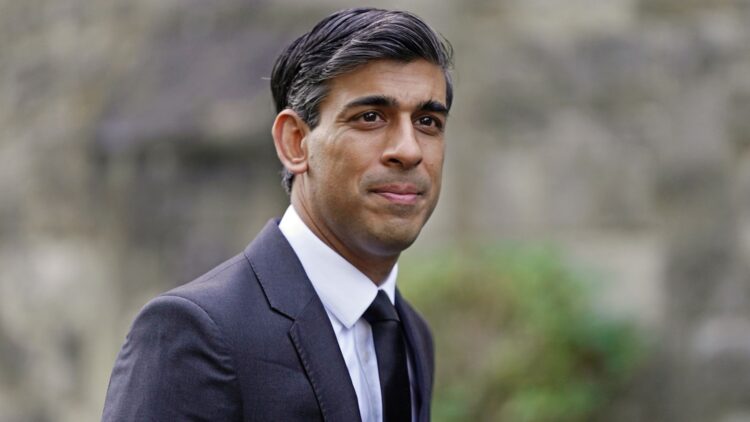By Ben Kerrigan
Rishi Sunak’s intensive overnight talks with the president of the European Commission, Ursula von der Leyen, is expected to produce a historic Brexit deal with the EU over the Northern Ireland protocol has sparked tension and controversy amongst politicians.
The precise nature of the deal has not been established, as the still relatively new prime minister keeps his cards close to his chest.
However, it is believed he will not arrive at any conclusive deal without involving key members of the Democratic Union Party(DUP)
Sunak spoke with der Leyen over the phone on Tuesday night about the progress of negotiations, and agreed to speak again in the coming days, Sunak’s spokesperson, fuelling speculations he has a magical deal to solve the impasse of the past two years caused by Brexit
It is the second time in five days Sunak and Von der Leyen have spoken.
The talks followed a separate afternoon meeting between the foreign secretary, James Cleverly, and the European commission vice-president, Maroš Šefčovič.
The controversial Northern Ireland Protocol was agreed as part of the Brexit deal to avoid a hard border on the island of Ireland, deemed necessary to preserve peace.
Traders in Northern Ireland are bound by compliance rules associated with the single market due to its geographical location, and the fact Ireland is still in the single market. This inevitably creates friction on the flow of goods between the region and the rest of the UK.
Critics say any harmonious power sharing arrangement between Northern Ireland and the rest of the Uk will be very difficult and unlikely, but the British prime minister appears to have something up his sleeves.
Rishi Sunak today evaded questions about what a deal with the European Union on post-Brexit trading agreements for Northern Ireland could look like during PMQs, after Labour leader Sir Keir Starmer challenged Mr Sunak to clarify whether Northern Ireland would still be subject to some EU laws.
Mr Sunak said “intensive discussions” with the EU were ongoing.
Asked if MPs would get a vote on any deal, Mr Sunak said Parliament would be able to “express its view”.
Labour has said it would back the government in a vote, but a majority of those in the European Research Group of Tory backbenchers are opposed to the EU’s top court, the European Court of Justice (ECJ), having a future role in overseeing any agreement.
Sunak said the deal would meet the demands of the Democratic Unionist party (DUP) – which wants radical changes to ensure that Northern Ireland has a role in making the EU rules that apply to trade as part of the Brexit arrangements – but refused to say whether the deal would involve reopening the wider withdrawal agreement.
The prime minister appeared to indicate that Mps will have a vote on the matter.
“Of course parliament will express a view,” he told Keir Starmer, when asked by the Labour leader about a vote. Starmer said he would take that as a confirmation of a parliamentary ballot.
Later, Sunak’s press secretary clarified that the prospect of a Commons vote was “hypothetical” since no deal on the Northern Ireland protocol had yet been struck.
Sunak told Starmer he was “jumping the gun” in demanding answers on a deal, telling MPs he was “still in intensive discussions with the EU”.




